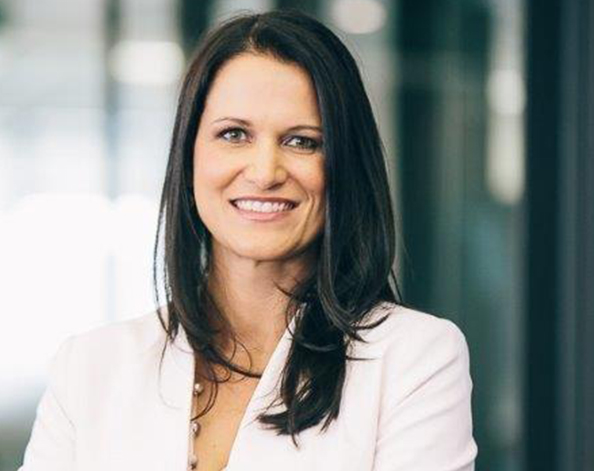An uncertain environment due to currency fluctuations, political instability, low economic growth, and low business confidence, coupled with poor financial literacy, perhaps goes some way towards explaining the growth seen in the informal savings sector.
Interestingly, South African Savings Institute (SASI) research shows that in a low savings environment in this country, stokvels – where trust levels are typically high – continue to grow at a rate much faster than the broader market.
Nevertheless, National Treasury’s implementation of the Tax-Free Savings Account last year in March has been lauded as a success, having attracted R2.6 billion of investments.
More good news is that 21% of accounts opened were estimated from first-time savers, indicating that there is value in incentivising people to save. But incentives are only effective to a point and ultimately, a culture shift will only occur once people have developed a true propensity – or habit – to save.
Do as I do, not as I say

By leading by example, parents can show their children the value of saving, which could assist in developing good savings habits.
“Parents who wish to raise children who are financially independent must be good role models. Teaching your children to control impulses and have an appreciation for delayed gratification helps them develop in childhood a critical, mature mechanism that helps them become effective savers and achieve financial independence in adulthood. By leading by example, parents can show their children the value of saving, which could assist in developing good savings habits,” says René Grobler, Head of Investec Cash Investments.
Despite the negative economic environment in South Africa and a worrying debt-to-income ratio, which is currently at 76% of disposable income, contractual saving appears to be growing.
Contractual saving is also referred to as ‘forced saving’ and includes for example tax-free savings and also pension fund savings. These are vehicles that, once contracted with the investor, require consistency and in many cases, are debit order deductions that are made without the investor having to consciously put money aside for savings.
Discretionary savings need to grow

Thinking that your monthly pension fund contribution is enough to fund retirement is a mistake many people make.
“The high levels of spending, otherwise known as a consumption culture in SA points to the fact that people aren’t sufficiently developing their own habits to defer gratification Thinking that your monthly pension fund contribution is enough to fund retirement is a mistake many people make. You should be saving beyond that and if you aren’t able to, it’s quite possible that you are living beyond your means,” says Marc Kahn, Investec global head of HR.
The latest Investec-GIBS Savings Index reveals a figure for 2016Q1 of 62.4 – coming in at the lowest number since the inception of the Index calculation in 1990. Grobler explains, “With the 100 mark representing a pass mark for South Africa to achieve 5.4% GDP growth, the elements required to fuel savings and investments clearly aren’t there. Unsurprisingly, the resulting index score for 2016Q1 is disappointing and points to an economy that is on the back foot and under stress.”
Teaching financial literacy as important as teaching language
An area often cited as needing major focus in the drive to get people to make better decisions about their money is the lack of financial education. Kahn believes programmes at school-level can play an important role here.
“Imagine if teaching money management and financial literacy was prioritized to all grade 8 students in this country? It’s as important a currency for a successful life as learning English,” he says.
Grobler echoes this sentiment and adds that educating people on the basics of credit, savings and investing are also perhaps the responsibility of the financial services industry.
So too is the move towards simplifying the way in which the industry designs and markets products. “Our consumers are mostly people who don't work in the financial services industry so we need to talk to them on their terms. Communicating investment options in a digestible way will go a long way towards facilitating a culture of understanding,” she says.
There is little doubt that many institutions’ products are highly complex to understand so there is much work to be done in terms of breaking down barriers to entry and enabling people to make better-informed decisions about their investments. The value of a good financial advisor cannot be underestimated.
Receive Focus insights straight to your inbox




